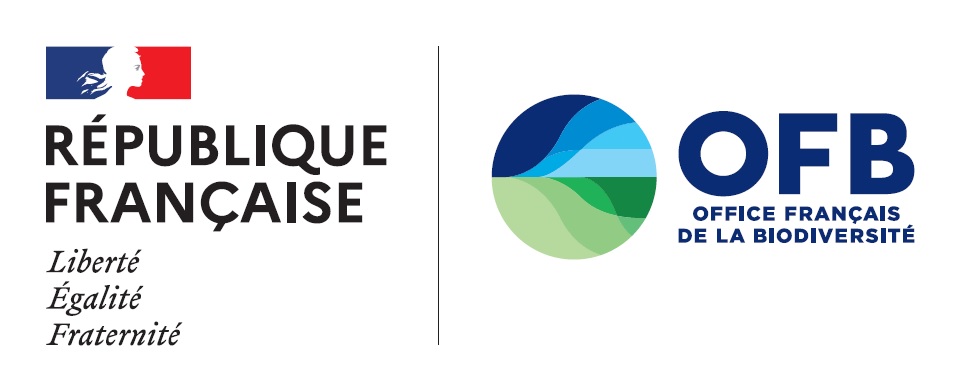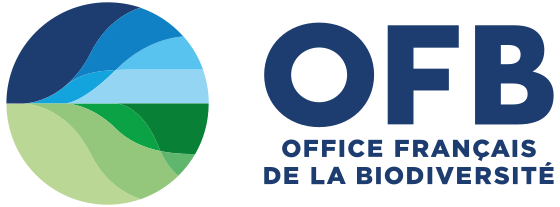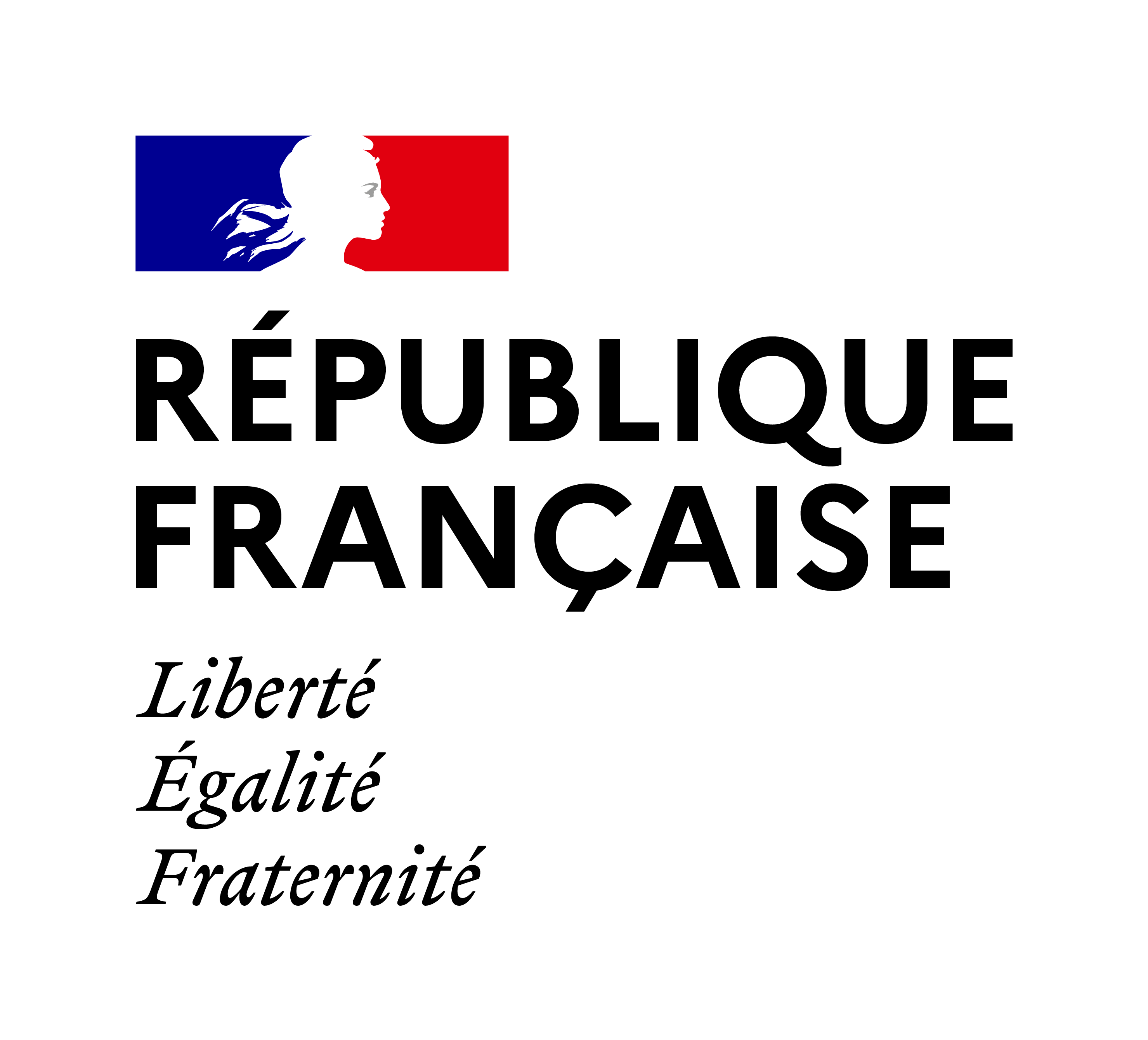All the English documents
These English part of the Agency Technical Portal only propose you translated and edited versions of collections publications or other documents. Here is the search in all these documents.
More resources are available on the French website.
Overseas territories, the WFD and bioassessment - n°28 | Meetings |
Over the past 5 years, the development of bioassessment tools suited to the overseas territories has made rapid progress. This symposium was an occasion to report on the progress achieved and to assess the work that must still be undertaken for the upcoming management cycles of the Water framework directive (WFD). A review.
Monitoring programmes: WFD requirements, their implementation and use of the results - n°27 | Meetings |
The purpose of the workshop was to facilitate discussions between European river basins on monitoring of water and aquatic environments, with the European commission and the European environment agency on hand, and to enhance the common implementation strategy for the WFD. It was an occasion to discuss monitoring results and the impact of monitoring on implementation of management plans and programmes of measures in 3 main fields, namely the purposes of the monitoring programmes, stakeholder organisation and roles, and monitoring strategies.
The ICE protocol for ecological continuity - Assessing the passage of obstacles by fish. Concepts, design and application | Knowledge for action |
Obstacles to flow in rivers constitute a major source of breaks in ecological continuity. Given the vast array of regulatory requirements, notably the Water framework directive, and the many environmental issues involved in restoring the ecological continuity of aquatic environments, Onema decided to create a "tool" to assess and quantify the impacts of hydraulic structures on the free movement of fish.
Methods and tools to control agricultural nonpoint-source pollution for managers of water resources - n°26 | Meetings |
Local governments are frequently confronted with the problem of managing agricultural nonpoint-source pollution. This type of pollution is one of the main causes of the degradation of water bodies in France and Europe. How can its management be improved and its impacts reduced? What are the tools and methods now available to water managers to effectively counter the pollution?
Bringing wetland research in line with operational needs - n°25 | Meetings |
The objective of the meeting, based on an analysis of wetland research over the past 10 years, was to set guidelines for scientific policy on wetlands better suited to the needs expressed in the field. This document reports on that meeting.
Water science meets policy: How to streamline knowledge to address WFD challenges? | Meetings recap |
The 3rd workshop " Water science meets policy " focused on demonstrating the added value of the science-policy interface (SPI) at all geographical levels and proposing key aspects to implement a sustainable SPI activity in the CIS structure. This document presents the main recommendations expressed by the participants regarding tools, methods and operational modalities for an efficient implementation and successful SPI in the WFD CIS context.
Designing ambitious projects for river restoration - Feedback from projects in Europe integrating the human and social sciences | Knowledge for action |
The Water framework directive has made the physical restoration of aquatic environments an essential component in public water-management policies. The document proposes a comprehensive framework with a description of the tools that may be used in an overall strategy designed to accompany stakeholders wishing to launch a hydromorphological-restoration project and ensure its success.
Reducing chemical contamination of aquatic environments: five years of progress and results - n°23 | Meetings |
The national symposium on monitoring and reducing chemical contamination of aquatic environments brought together water managers, stakeholders and scientists. An array of results and techniques, produced over 5 years of intensive efforts by BRGM, Ifremer, Ineris and Irstea, were presented.
Economic analysis for managment of water and aquatic environments | Knowledge for action |
This book presents definitions, information and a discussion on the economic-analysis techniques used to manage water and aquatic environments. The goal is to assist in the operational implementation of economic analysis.
Exotic crayfish invasions. Ecological impacts and management approaches | Meetings recap |
This document presents the results of the first National meetings on invasive exotic crayfish providing a description of present knowledge on invasive and native crayfish species in France, a better understanding of processes operating, the place of invasive crayfish in aquatic ecosystems and their effects on biodiversity, and lastly a presentation of management approaches investigated in the country.













